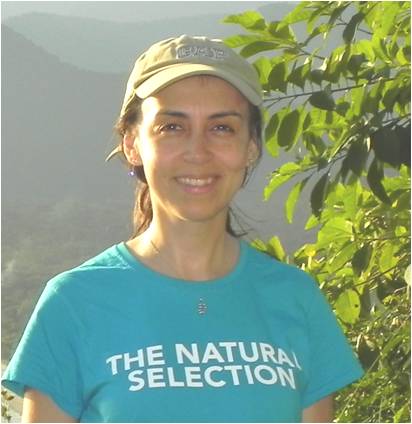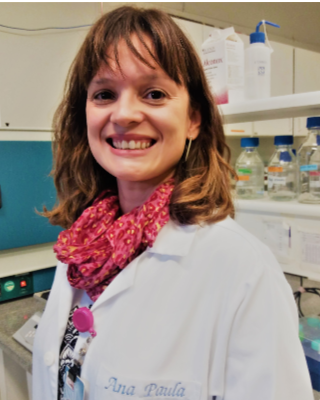Agenda IB

Clarisse Palma da Silva
Bachelor's at Biological Sciences from Universidade Federal do Rio Grande do Sul (2000), master's at Genetics and Molecular Biology from Universidade Federal do Rio Grande do Sul (2003) and PhD at Genetics and Molecular Biology from Universidade Federal do Rio Grande do Sul (2008). Post-doc at Kew Royal Botanic Gardens and UFRJ. I am a Professor at UNICAMP, Department of Plant Biology. I am Head of the Evolutionary Ecology and Genomics Laboratory. I am mainly interested in studing Evolutionary Biology of Neotropical Plants. My main research projects are focus on molecular ecology, evolutionary biology, conservation genetics, population genetics and genomics, evolutionary genomics and transcriptomics; phylogeography and reproductive biology.

Helena Coutinho Franco de Oliveira
We have focused on the role of plasma lipoprotein metabolism and associated proteins particularly relevant for the development of atherosclerosis, diabetes and obesity. Hormonal, nutritional and pharmacological regulation of key proteins involved in the metabolism of plasma lipoproteins are investigated with the goal of elucidating molecular mechanisms and putative therapeutic targets for cardio-metabolic disturbances. Scientific contributions have been made concerning the understanding of CETP (cholesteryl ester transfer protein) gene expression and its effects regarding atherosclerosis susceptibility and possible new functions of this protein (Oliveira HCF, Raposo HF. Adv Exp Med Biol. 2020). Together with Anibal Vercesi group, we have demonstrated that mitochondrial bioenergetic function and redox state alterations are present in hyperlipidemic states that predispose to atherosclerosis (Oliveira HCF, Vercesi AE.Mol Aspects Med. 2020)

Ana Paula Couto Davel
Our primary research focus is to understand functional and molecular mechanism underlying vascular complications on cardiovascular and metabolic diseases such as obesity, undernutrition and dyslipidemias. The laboratory uses in vivo and in vitro experimental approaches including blood pressure measurement, the study of vascular function and structure, and biochemical and molecular biology methods.